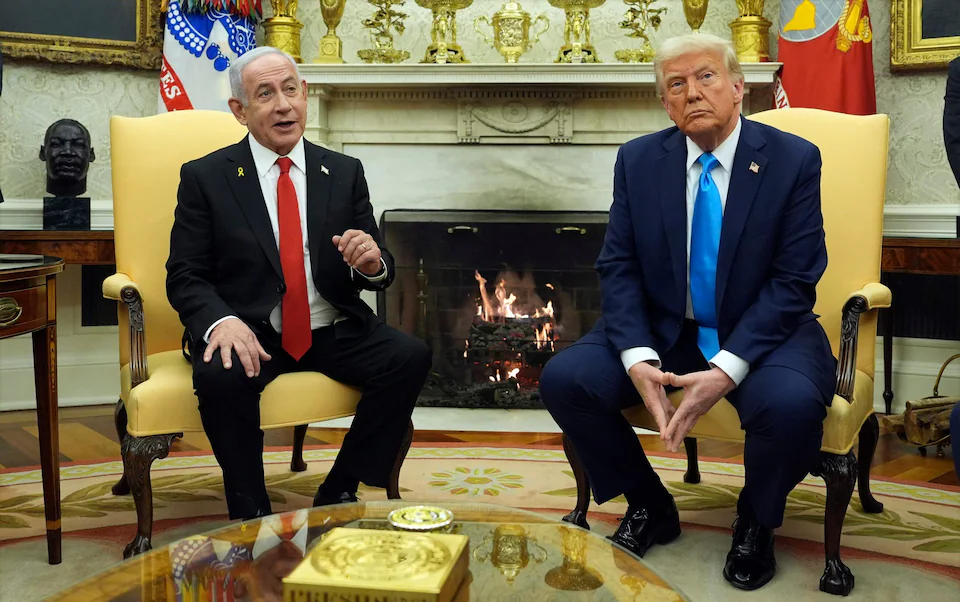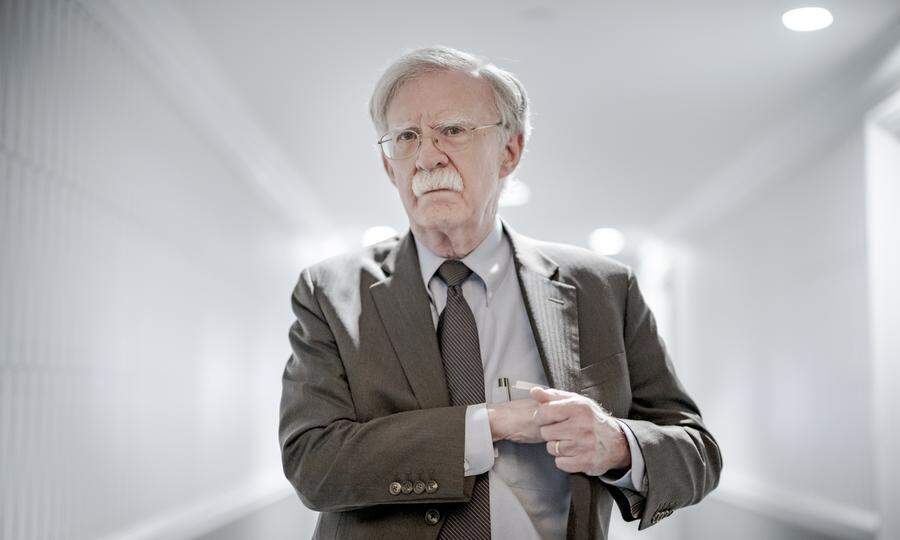Ayatollah Khamenei should increase his security protections. Whoever assassinated Hamas leader Ismail Haniyeh in a supposedly secure compound in Iran’s supposedly secure capital sent an unmistakable message to Khamenei, Iran’s citizens, its terrorist proxies, and the world at large: No one is safe in Iran.
Not the Supreme Leader, not Qassem Soleimani, and not the lowliest Basiji militiaman. This grim reality should lead all Iranians not lost in religious fanaticism or authoritarian ideology to reconsider their own future under the mullahs. Whether Israel (or whomever did the deed) used a bomb planted two months before detonating during Haniyeh’s visit, or fired a precision-guided weapon, the result was the same. Haniyeh is dead, and Iran stands humiliated.
What now? Almost a month after Haniyeh’s demise, Iran has not retaliated, although Israel’s pre-emptive August 25 strike against Hezbollah may have thwarted part of Iran’s plan. The situation remains fluid. The United States, committed to defend Israel, had acted earlier, deploying the USS Abraham Lincon carrier strike group to the Middle East, overlapping with the USS Theodore Roosevelt group before it returned home. Also now on station is the nuclear-powered USS Georgia, a cruise-missile submarine. Together with already present American military capabilities, this is a force to be reckoned with, offensive and defensive. Its presence alone could be delaying Iran’s response(https://www.wsj.com/opinion/israel-iran-u-s-force-pentagon-biden-administration-gaza-hamas-dcf393a1?mod=opinion_feat1_editorials_pos3).
While no one can ignore a US carrier strike group in their backyard, the main cause for Iran’s hesitation in again attacking Israel, as it did on April 13 with 320 missiles and drones, is the decidedly unpleasant strategic conundrum it faces. Humiliated, presumably by Israel, the mullahs must undertake devastating reprisals to reestablish credibility and deterrence. This time, a pinprick attack on Israel, which is all Hezbollah’s Sunday attack amounted to, will not suffice.
Moreover, some observers are dubious about Iran’s April strike, asserting that it warned Israel in advance, thereby enabling Israel’s defenses to blunt the assault. In turn, in President Biden’s words, Jerusalem could “take the win” and respond minimally. This analysis is speculative, and there are reports Iran suffered massive failures in its ballistic-missiles launches(https://www.cbsnews.com/news/iran-launches-drone-attack-toward-israel-idf-says/). Whichever version is true, Iran caused only minimal casualties and physical damage. That will not be nearly enough this time, whether the response comes from Iran itself, Hezbollah, or another terrorist proxy.
However, a truly punishing attack is what creates Iran’s strategic conundrum. Iran fears that an emboldened Prime Minister Benjamin Netanyahu will not bend to Washington’s pressure this time, as he did in April. With Biden now a lame duck, and the US presidential election in doubt, Israel could conclude that this is precisely the moment to launch a debilitating response, not just take out a few missile-launching sites. To start, Jerusalem could level Iran’s air-defense capabilities. Then, Netanyahu could target Iran’s nuclear weapons and ballistic-missile programs; its oil terminals and loading facilities in the Gulf; or major IRGC and regular military facilities countrywide. This time, the Supreme Leader might also be a target.
If Israel caused serious damage, the entire 1979 Islamic Revolution could be in jeopardy, which the ayatollahs will not want to risk. Their hold on power domestically has never been so unsteady, with substantial, long-brewing political, economic, and social discontent. Wrestling with the competing imperatives of striking Israel savagely but not being overthrown is paralyzing the regime’s decision-making. Trying to make a virtue out of necessity, Tehran claims to be withholding revenge to avoid jeopardizing the Qatari-led effort to establish a Hamas-Israel cease-fire in exchange for the release of Israeli hostages. With the negotiations seemingly stalled, the mullahs welcome further delay, not out of altruism for the combatants in Gaza, but because it affords Tehran precious additional time to untangle its strategic dilemma.
If the cease-fire negotiations do collapse, Iran will have no satisfactory way to escape the unpleasant alternatives it faces. That is a problem of its own making, having forged its “ring of fire strategy” against Israel over decades, and for reasons still unclear, launching it with Hamas’s barbaric October 7 attack. Tehran may have miscalculated the effect of Hamas’s blitz, which clearly did not crush Israel’s resolve. Instead, Netanyahu is now close to achieving his stated goal of eliminating Hamas’s political and military capabilities.
Moreover, with chaos in Gaza so extensive, Israel can now reopen the decades-old issue of what to do next with Gazan civilians, and whether resettlement to third countries is now in order. Following World War II, tens of millions of refugees who, for whatever reasons, could not return to their home countries were resettled. Only Palestinian were exempted from this outcome, treated instead as hereditary refugees, weapons against the very existence of Israel. That already-obsolete plan met its demise thanks to the Iran-Hamas October 7 assault.
Iran could choose to do very little, hoping its reputation as a regional power with nuclear capabilities will not suffer greatly. Its terrorist surrogates, however, will then question the basic terms of their dependence on Iran. If the ayatollahs can’t protect terrorist leaders in Tehran, what are their incentive to do Tehran’s bidding in a dangerous and uncertain future? Might not Tehran’s timidity inspire Iran’s domestic opposition? Seeing weakness externally, might not the regime’s domestic enemies conclude that their moment to oppose the legitimacy and very existence of the mullahs’ regime is at hand?
The clock is ticking for the ayatollahs. They do not have forever to decide.
This article was first published in Independent Arabia on September 26, 2024. Click here to read the original article.





